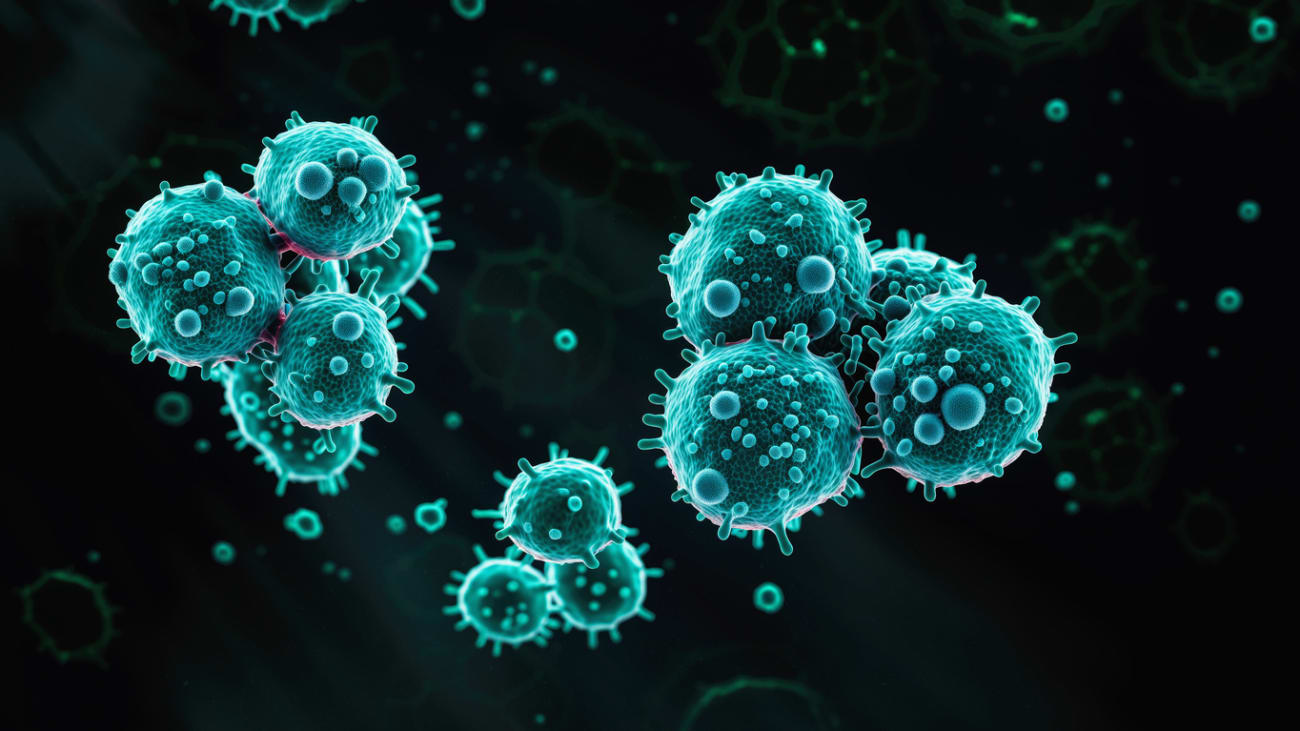

Prostate cancer is one of the most common cancers affecting men in the United States and across the globe. When it reaches an advanced stage, known as metastatic castration-resistant prostate cancer (mCRPC), the cancer has spread beyond the prostate. At this point, the disease no longer responds to treatments that lower testosterone, the hormone that fuels most prostate cancers. While this stage is challenging to treat, ongoing research is bringing new hope. In a recent article in the Journal of Clinical Oncology, the American Society of Clinical Oncology (ASCO) updated its guidelines to help doctors manage mCRPC more effectively. These new recommendations were spearheaded by a team around Rohan Garje, M.D., chief of genitourinary medical oncology at Miami Cancer Institute.
“The updated guidelines emphasize personalized care, meaning that treatment decisions should be based on each patient’s overall health, past treatments, symptoms, and genetic profile,” said Garje.
For men who are newly diagnosed with mCRPC, doctors are advised to continue using hormone therapy to keep testosterone levels low. Alongside this, they may add one of several oral medications that work by blocking the cancer’s ability to use male hormones. These include drugs like abiraterone, enzalutamide, or darolutamide. However, using more than one of these at the same time is not recommended, as it does not offer extra benefit and can increase side effects. In some cases, especially when the cancer is aggressive, chemotherapy with a drug called docetaxel may be used instead of or in addition to these oral therapies.
If the cancer progresses despite these first-line treatments, the next step often involves switching to a different kind of treatment. This could mean starting chemotherapy, especially if it hasn’t been tried before. If docetaxel has already been used, a different chemotherapy drug, cabazitaxel, may be considered.
“At this stage, genetic testing becomes especially important,” said Garje. “Some men have specific inherited or tumor-based gene mutations—such as BRCA1 or BRCA2—that make them eligible for a newer class of drugs called PARP inhibitors. These targeted treatments can be particularly effective in slowing the disease for patients with these genetic profiles.”
For men whose cancer has spread primarily to their bones, a drug called radium-223 may be an option. This treatment delivers radiation directly to bone tumors, helping relieve pain and reduce complications. In certain situations, newer treatments like immunotherapy and radioligand therapy are also considered. Immunotherapy drugs such as pembrolizumab may be used when the cancer has rare genetic traits that make it more likely to respond. Radioligand therapy with a drug called lutetium-177–PSMA-617 is a promising option for patients whose tumors express a specific protein called PSMA, and is typically offered after other treatments have failed.
“A major theme of the updated guideline is the importance of genetic testing, both for inherited mutations and for changes found in the tumor itself,” added Garje. “This information helps us guide treatment decisions and identify which patients might benefit from newer, more targeted therapies.”
For patients and families, these updates provide reassurance that treatment for advanced prostate cancer is evolving in meaningful ways. There are more options than ever, and decisions can be made based on personal medical history and genetic background. Anyone facing this diagnosis should feel empowered to talk with their doctor about which treatments are best for them, and whether clinical trials might offer access to promising new therapies.
“Ultimately, the goal of the ASCO update is to help doctors tailor treatments to the individual, improving not just survival, but also the quality of life for men living with mCRPC,” said Garje.

